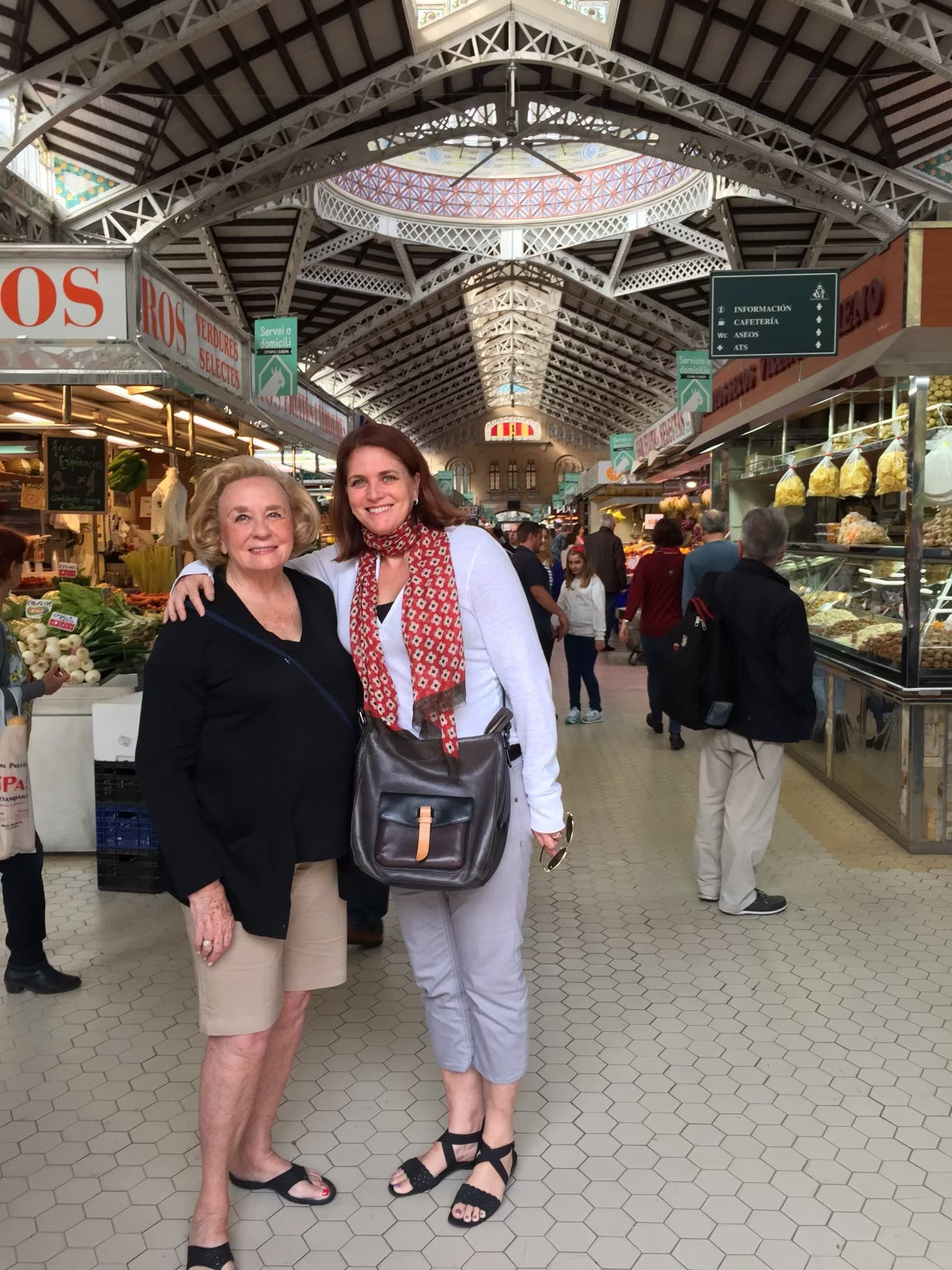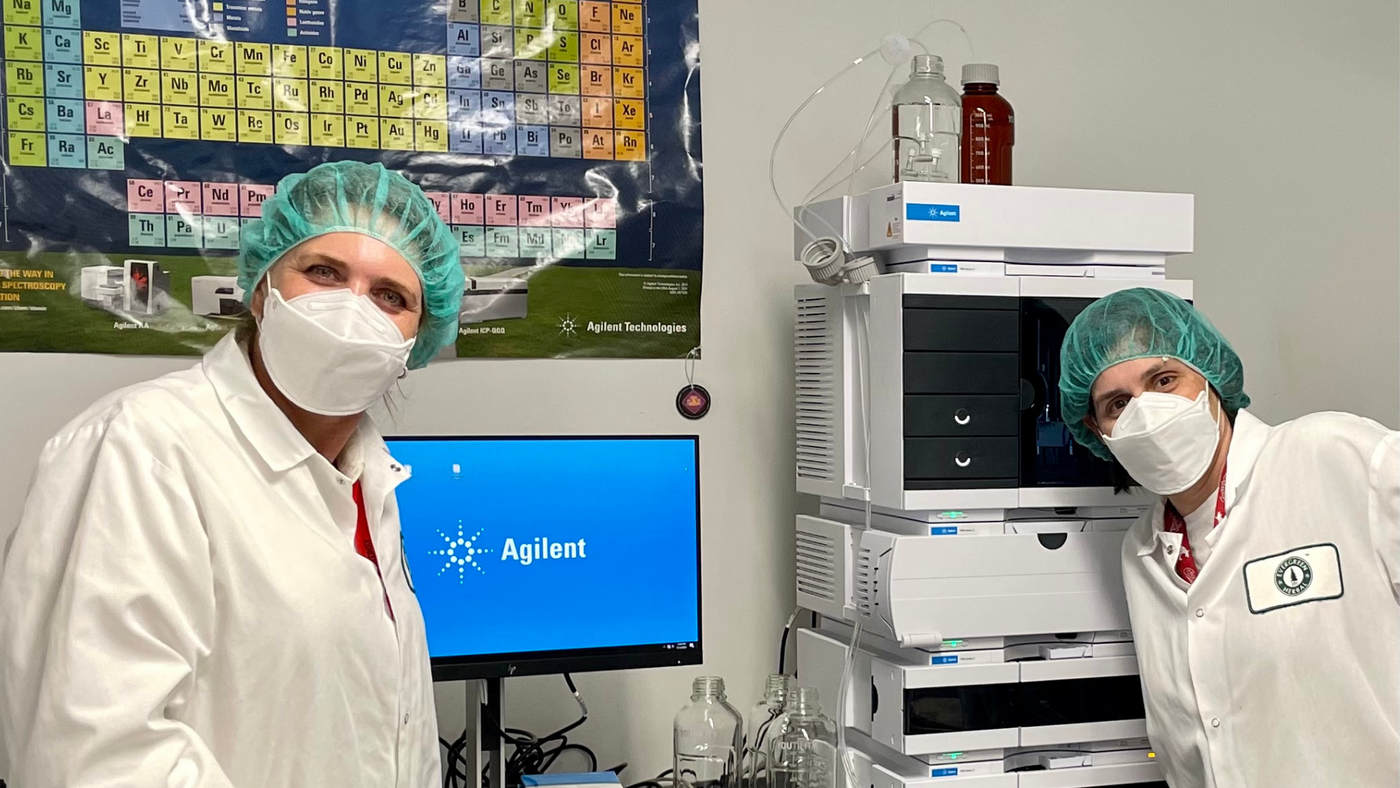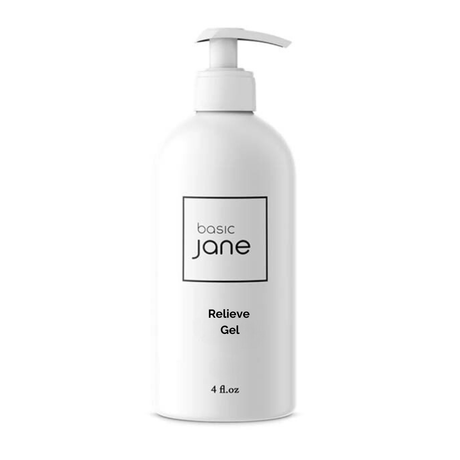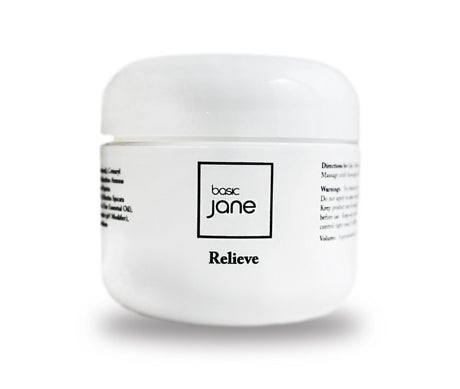Creating new rules to safely sell an increasingly popular yet controversial cannabis product is possible in Washington, but will require a lot of work and study, chemical experts said this week.
The Washington Liquor and Cannabis Board is pursuing rules intended to regulate the sale of what are called “delta 8” products in state licensed marijuana retailers. The process follows a policy statement in April by the agency interpreting state and federal laws that outlawed sale of such products. Delta 8 refers to the intoxicating agent that can be extracted from hemp plants, which can be legally grown under the federal Farm Bill.
The agency quickly clarified that such an interpretation wasn’t enforceable, as some industry groups argued the prohibition would quash sale of a product that has a less intoxicating effect than traditional marijuana, making it more popular with medical patients.
Chemists from private labs, the University of Washington and Washington State University said Thursday that scientific understanding of these delta 8 products was limited, and that the wide range of ways they can be produced makes generalizations about their safety difficult.
“Frankly, the field hasn’t done too much with delta 8, because it does almost the same thing as delta 9,” said Nephi Stella, a professor of pharmacology and psychiatry at the University and Washington and co-director of the school’s Center for Cannabis Research, during a discussion session organized by the state’s Liquor and Cannabis Board. Delta 9 refers to the kind of tetrahydrocannabinol (THC) found in marijuana products sold at state-licensed stores, a compound that produces the drug’s euphoric “high” effect in users.
Delta 8 occurs naturally in some plants, but enterprising chemists have begun using hemp grown legally under the federal farm bill to extract it in greater quantities to produce products sought by cannabis users. Federal law authorizes the production of hemp containing less than 0.3% THC.
Some states have gone so far as to enact new laws banning the import or sale of delta 8 THC in their states, including in those that haven’t set up their own recreational or medical marijuana industries. The Washington Legislature has not weighed in on delta 8, and the policy statement from the cannabis board only clarifies the agency’s belief that current law outlaws its sale in state-licensed stores.
Cannabis, and all forms of THC, remain illegal under federal law, but the lack of clarity has led to delta 8’s sale in gas stations and other retailers nationwide. An industry analysis, performed by the industry analytical firm Headset and reported by the newsmagazine Bloomberg this week, found that sales for delta 8 products increased 144% in April compared to the year prior.
Processors can use different chemicals to extract the delta 8 from cannabidiol (CBD) found in hemp, and the quality of the plant itself can vary. Jessica Tonani, the founder and chief executive of Seattle-based hemp biotechnology firm Verda Bio, compared the extraction process to different cooks preparing eggs.
“Some people are really good at scrambling eggs, but other people can take the same eggs and make something horrible,” Tonani said, adding that she’d adopted the analogy from another chemist. “From a chemistry perspective, I like to think of it as people having different quality in production.”
That difference in quality has led some to suggest the Liquor Cannabis Board could regulate the delta 8 extraction process, as it’s done with methods of extracting delta 9 THC from plants. That’s the approach advocated by the Washington Cannabusiness Association, a trade group representing licensed marijuana businesses as well as hemp growers.
“We think, unfortunately, we’re heading for more of (the cannabis board) focusing on what is good or bad cannabis, versus consumer safety,” Vicki Christophersen, executive director and lobbyist for the association, told reporters during a briefing this week in response to what she called a “confusing” initial statement by the board concerning delta 8 products.
Some licensed marijuana growers have raised concerns that allowing hemp growers to create THC products they can then sell to a licensed processor for production of edibles, vapor products and more would lead to an unfair market.
While state-licensed marijuana producers must operate under strict security rules, including mandatory fencing and surveillance, hemp producers do not. Hemp producers can thus sell delta 8 THC products for much cheaper to processors than licensed marijuana growers.
When the audience raised that question with the chemistry panelists, cannabis board officials said such an issue was a policy question that would be addressed in future rule-making. Christophersen said she understood the concern from some marijuana growers with existing business relationships, but didn’t believe the cannabis board should make rules benefiting one group to the detriment of another.
“There is plenty of opportunity for everyone to do well here,” Christophersen said.
While the chemistry experts did not offer their perspectives on whether the cannabis board should make rules regulating extraction from hemp plants and the sale of delta 8 products, they did say such a system was possible.
“I do see a path, with ingredient standards and the proper regulations, to test and regulate these products so they can be safely used,” said Brad Douglas, an organic chemist with the Werc Shop, a cannabis testing laboratory based in Southern California. “That’s purely opinion, and based on my understanding of the science and toxicology. But I think it’s possible.”
The cannabis board intends to continue discussing potential rules in the coming weeks on delta 8 products.
https://www.spokesman.com/stories/2021/jun/05/regulating-new-cannabis-product-delta-8-possible-b/





